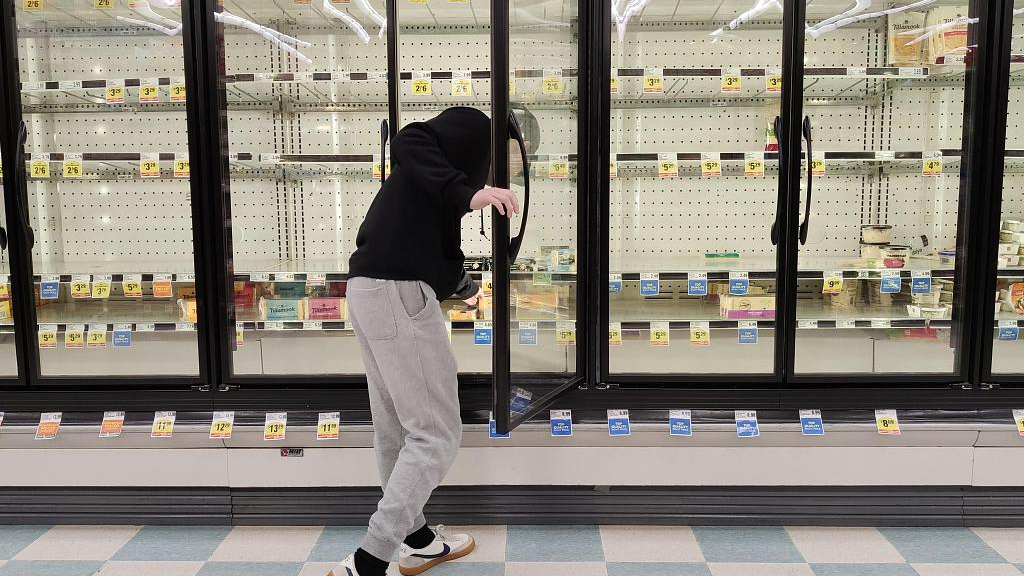U.S. may need to practice social distancing until 2022, Harvard study
Wed 15 Apr 2020, 08:32:52

A one-off lockdown won't halt the novel coronavirus and repeated periods of social distancing may be required into 2022 to prevent hospitals from being overwhelmed, Harvard scientists who modeled the pandemic's trajectory said Tuesday.
The study comes as the U.S. enters the peak of its COVID-19 caseload and states eye an eventual easing of tough lockdown measures.
The Harvard team's computer simulation, which was published in a paper in the journal Science, assumed that COVID-19 will become seasonal, like closely related coronaviruses that cause the common cold, with higher transmission rates in colder months.
But much remains unknown, including the level of immunity acquired by previous infection and how long it lasts, the authors said.
"We found that one-time social distancing measures are likely to be insufficient to maintain the incidence of SARS-CoV-2 within the limits of critical care capacity in the United States," lead author Stephen Kissler said in a call with reporters.
"What seems to be necessary in the absence of other sorts of treatments are intermittent social distancing periods," he added.
Widespread viral testing would be required in order to determine when the thresholds to re-trigger distancing have been crossed, said the
authors.
authors.
The duration and intensity of lockdowns can be relaxed as treatments and vaccines become available. But in their absence, on and then off distancing would give hospitals time to increase critical care capacity to cater for the surge in cases that would occur when the measures are eased.
"By permitting periods of transmission that reach higher prevalence than otherwise would be possible, they allow an accelerated acquisition of herd immunity," said co-author Marc Lipsitch.
Conversely, too much social distancing without respite can be a bad thing. Under one modeled scenario "the social distancing was so effective that virtually no population immunity is built," the paper said, hence the need for an intermittent approach.
The authors acknowledged a major drawback in their model is how little we currently know about how strong a previously infected person's immunity is and how long it lasts.
At present the best guesses based on closely-related coronaviruses are that it will confer some immunity, for up to about a year. There might also be some cross-protective immunity against COVID-19 if a person is infected by a common cold causing coronavirus.
One thing however is almost certain: the virus is here to stay. The team said it was highly unlikely that immunity will be strong enough and last long enough that COVID-19 will die out after an initial wave, as was the case with the SARS outbreak of 2002-2003.
Antibody tests that have just entered the market and look for whether a person has been previously infected will be crucial in answering these vital questions about immunity, they argued, and a vaccine remains the ultimate weapon.
No Comments For This Post, Be first to write a Comment.
Most viewed from International
Most viewed from World
AIMIM News
Latest Urdu News
Most Viewed
May 26, 2020
Do you think Canada-India relations will improve under New PM Mark Carney?
Latest Videos View All
Like Us
Home
About Us
Advertise With Us
All Polls
Epaper Archives
Privacy Policy
Contact Us
Download Etemaad App
© 2025 Etemaad Daily News, All Rights Reserved.

.jpg)
.jpg)
.jpg)






.jpg)


.jpg)
.jpg)
.jpg)
.jpg)
.jpg)
.jpg)
.jpg)
.jpg)
.jpg)
.jpg)
.jpg)
.jpg)

















